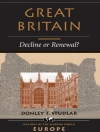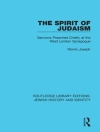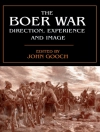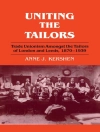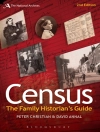In their search for personal identity, Trinidad’s Douglas, the offspring of Indo-African unions, find themselves in a complex social, cultural and linguistic situation. This is reflected as much in their unclear and uncertain social positioning in a society of competing ethnic groups as in the linguistic possibilities open to them in their quotidian social interactions as they negotiate between their parent communities.Trinidadian English Creole (TEC), the mother tongue or lingua franca of the majority of the population, exhibits a lexical amalgam of donor varieties brought to the island during the period of its colonization. The extent to which Trinidadians employ these lexical items is linked to their affinity to a particular donor group. As a consequence of this, Dougla ethnicity and identity are hypothesized as being expressed chiefly through the use of lexical items available to them via their upbringing in specific communities.This book describes and analyses specific lexical items in use by Douglas, who reside in mixed-race communities, as well as communities stereotypically marked Indic and Afric by Trinidadians, to determine the extent to which Douglas project a distinct identity, a subsumed identity linked to an ancestral ethnic group or a shifting identity based on accommodative strategies employed during interaction within their social networks.
Ferne Louanne Regis
Trinidad Dougla [PDF ebook]
Identity, Ethnicity and Lexical Choice
Trinidad Dougla [PDF ebook]
Identity, Ethnicity and Lexical Choice
ซื้อ eBook เล่มนี้และรับฟรีอีก 1 เล่ม!
รูป PDF ● หน้า 245 ● ISBN 9781443898997 ● สำนักพิมพ์ Cambridge Scholars Publishing ● การตีพิมพ์ 2016 ● ที่สามารถดาวน์โหลดได้ 3 ครั้ง ● เงินตรา EUR ● ID 4967196 ● ป้องกันการคัดลอก Adobe DRM
ต้องใช้เครื่องอ่านหนังสืออิเล็กทรอนิกส์ที่มีความสามารถ DRM



